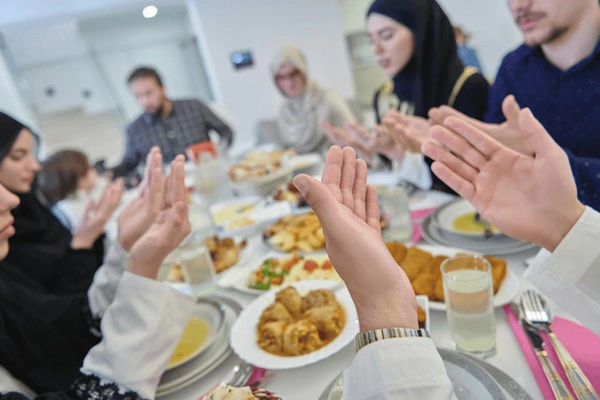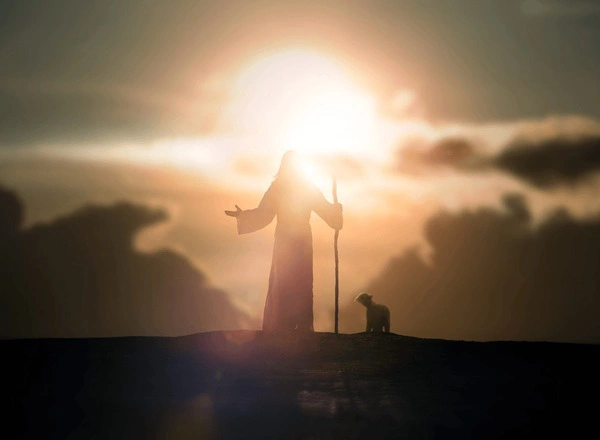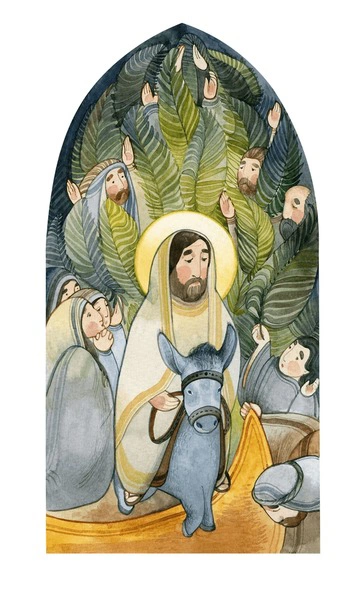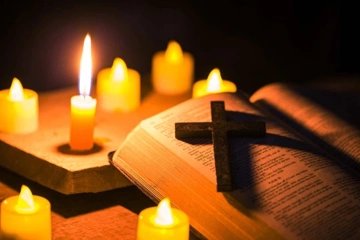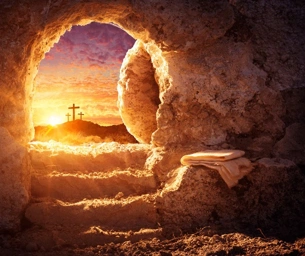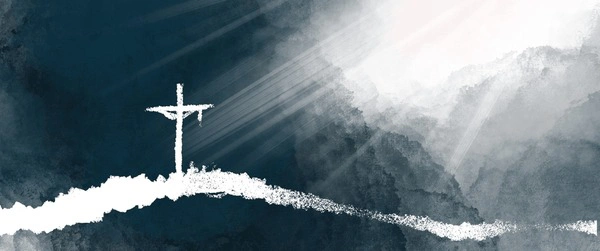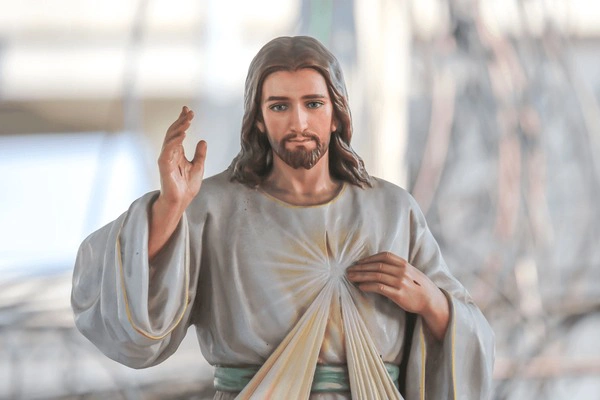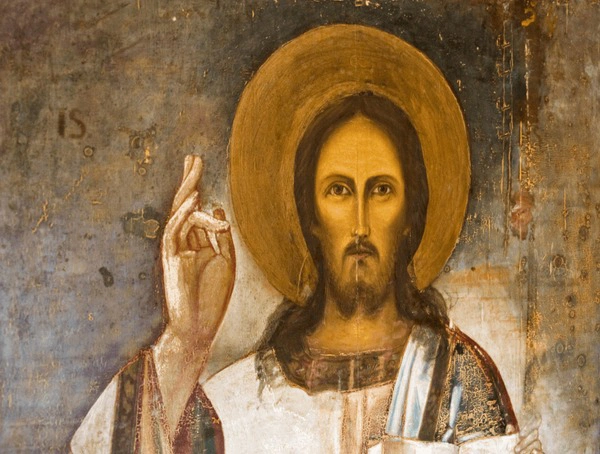
Finding Trust and Gratitude in Times of Fear
When fear grips us, turning to trust and gratitude can be transformative. Drawing insights from Psalm 56, discover how faith in God provides strength and security against life's uncertainties. Embrace a journey of spiritual renewal through trust and gratitude.
Sarah Mitchell
26/11/2024 - 5 months ago

Understanding Fear and Trust
Fear is a common emotion that many of us experience at different points in our lives. It can arise from various situations, whether it's a health concern, financial instability, or personal relationships. Fear can grip us, making us feel vulnerable and uncertain about the future. However, there is a profound way to address this emotion, as highlighted in Psalm 56: "When I am afraid, I put my trust in You." This scripture offers a pathway to transform fear into faith.
Trust is a vital component in overcoming fear. Trusting in something greater than ourselves can provide a sense of security and peace. When we place our trust in God, we acknowledge that we are not alone, and that there is a higher power guiding us through life's challenges. This trust is not blind faith, but a deep-seated assurance that God's plans are for our welfare, not for harm.
The act of trusting God during fearful times is a deliberate choice. It requires us to shift our focus from the fear itself to the power and promises of God. This transformation happens gradually, as we immerse ourselves in His word and promises. As stated in Psalm 56, by trusting in God, we find courage to face the unknown, knowing that He is with us every step of the way.
The Power of God's Word
Psalm 56 reminds us of the importance of God's word in our lives. The phrase "In God, whose word I praise" signifies the strength and comfort that Scripture can provide. God's word is a source of wisdom, guidance, and encouragement. It is a light in the darkness, offering clarity and hope when we feel lost.
Engaging with the Bible helps us understand God's character and His promises to us. When we praise His word, we acknowledge its authority and relevance in our daily lives. This praise is not just about reading Scripture, but living it out, allowing its truths to permeate our thoughts and actions. It is a powerful tool that equips us to handle life's uncertainties with grace and resilience.
As we meditate on God's word, we find reassurance in His promises. The Bible is filled with testimonies of God's faithfulness, providing countless examples of how He has been a refuge and strength for His people. By holding onto His promises, we learn to trust Him more deeply, finding peace amidst chaos and courage in the face of fear.
Gratitude as a Response
Gratitude is a powerful response to fear and uncertainty. In Psalm 56, the psalmist speaks of presenting thank offerings to God. This act of gratitude shifts our focus from what we lack or fear to what we have been blessed with. It is a reminder that even in difficult times, there are reasons to be thankful.
Expressing gratitude helps us cultivate a positive outlook. It enables us to see beyond our immediate challenges and recognize the good in our lives. When we intentionally thank God for His blessings, we open our hearts to experience joy and contentment, despite our circumstances. This practice of gratitude reinforces our trust in God's goodness and faithfulness.
Moreover, gratitude is a testimony of our faith. It reflects our belief that God is in control and that He is working all things for our good. By offering thanks, we not only honor God, but we also strengthen our own resolve to face life's challenges with hope and courage. It is a declaration that fear will not have the final say in our lives.
Living in Trust and Gratitude
Living a life of trust and gratitude requires intentionality and practice. It involves daily decisions to rely on God's strength rather than our own, and to thank Him for His presence and provision. This lifestyle may not come easily, especially when circumstances are overwhelming, but it is a journey worth pursuing.
One way to cultivate trust and gratitude is through prayer. Regular communication with God allows us to express our fears and anxieties, as well as our thankfulness. Prayer is a powerful tool that draws us closer to God, enabling us to experience His peace and guidance. It is a reminder that we are not alone, and that God is always listening.
As we grow in trust and gratitude, we begin to see life through a different lens. We find that our fears lose their grip on us, replaced by a sense of peace and assurance in God's promises. This transformation is not just for our benefit, but also for those around us, as our faith and gratitude inspire others to seek God in their own journeys.
